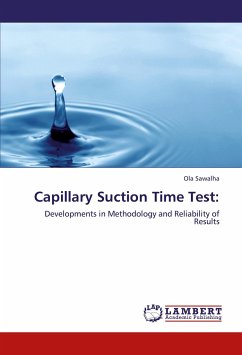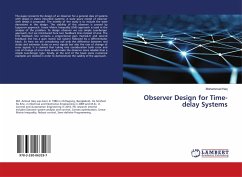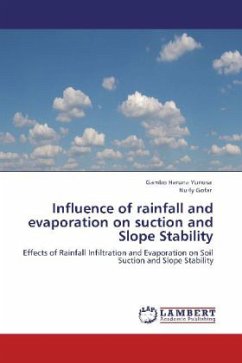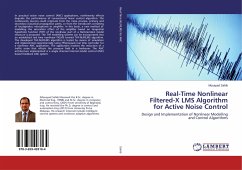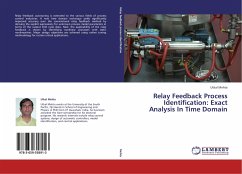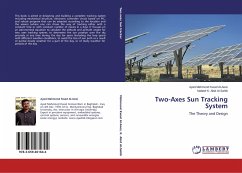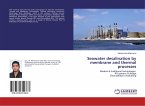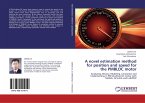The dewatering of wastewater sludge (slurry) is a routine operation at wastewater treatment plants, and the results of dewaterability tests underpin the selection of dewatering processes. The two most commonly applied dewaterability tests for this purpose are the capillary suction time (CST) test and the specific resistance to filtration (SRF) test. The aim of this research was to develop improved methods of estimating sludge dewaterability by modifying the components and procedures used in the standard CST test, and by exploring the causes of the high variability that confounds the interpretation of the CST test results. Stable synthetic sludges were successfully formulated to simulate the properties of natural sludges for experimental purposes. The applications of this research were to recommend alternative methodologies that would help to improve the accuracy and precision of the standard CST test device and procedures, and ideally reduce operational and consumable costs.
